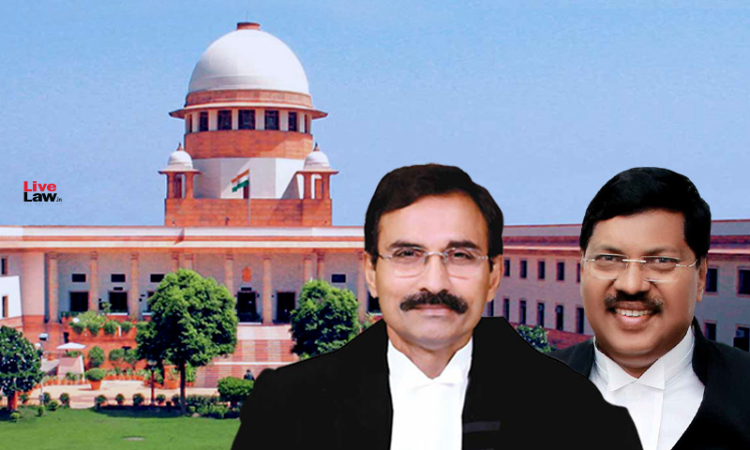Every Action Of State Is Required To Be Guided By Non-arbitrariness, Reasonableness & Rationality: Supreme Court
Sohini Chowdhury
3 Feb 2022 9:54 AM IST

Next Story
3 Feb 2022 9:54 AM IST
On Wednesday, the Supreme Court held that the instrumentalities of the State cannot change a consistent stand taken by them, all of a sudden, at their whims and fancies, especially when it is arbitrary, irrational, unreasonable and against public interest. A Bench comprising Justices L. Nageswara Rao and B.R. Gavai rejected an appeal filed by power distribution companies assailing...
